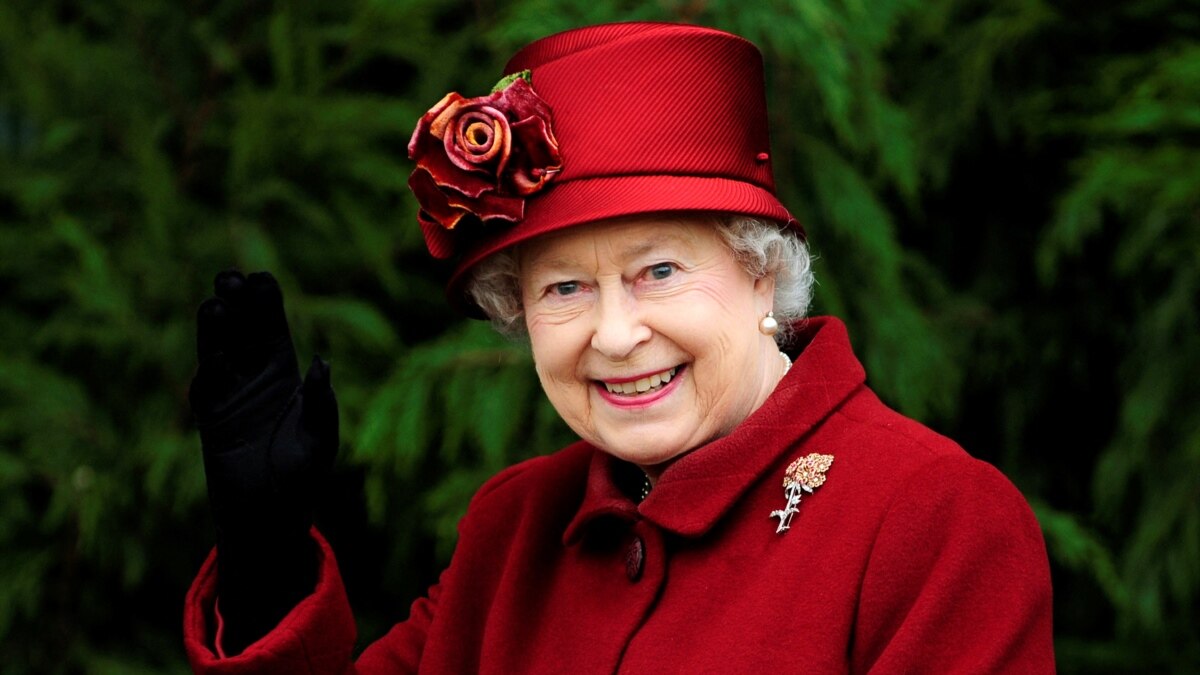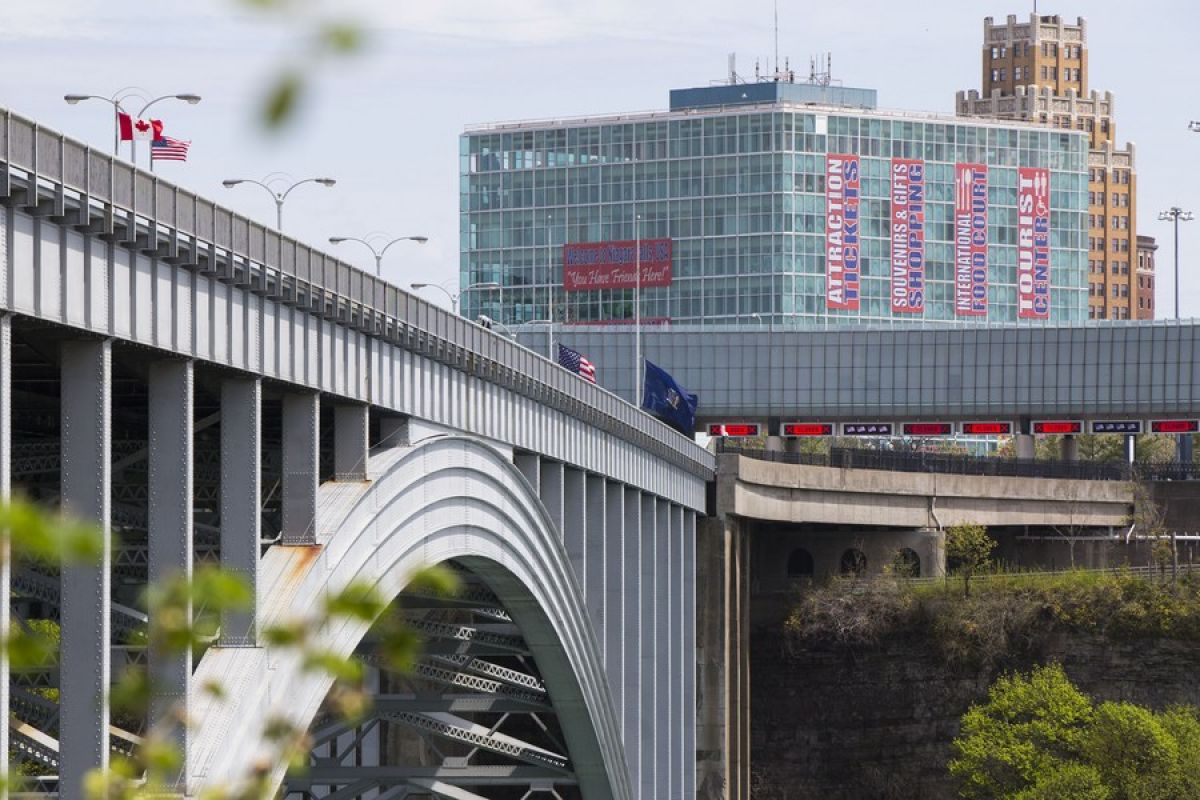Canadians felt very close to Queen Elizabeth II until the end of her life. However, their relationship with the British Empire has become increasingly strained, with observers believing the Queen’s death on Thursday (8/9) will reignite debate over the future of the Canadian monarchy.
“Canada is an exceptional monarchy in the midst of a continent that tends to be republican,” said March Chevrier, senior lecturer in politics at the University of Quebec in Montreal.
In the coming weeks, after the end of the period of mourning, “the debate will resurface, Pandora’s contacts will be open”, he added.
The King of England is Canada’s head of state, but his role is largely ceremonial, even more ceremonial than in England. In Canada, the kingdom is represented by a Governor General, who is chosen by the Prime Minister.
Prime Minister Justin Trudeau has praised Elizabeth’s government. He noted that Elizabeth had been “queen for nearly half the life of Canada” and announced a ten-day period of mourning.
Flags were lowered across the country and a national memorial service was planned in the capital Ottawa on the same day as his funeral in London.
But when it comes to greatness, the country is becoming increasingly ambivalent towards the monarchy.
“Even in Canada, an English-speaking country, support for the monarchy is decreasing year after year,” explains Philippe Lagasse, lecturer at Carleton University in Ottawa and specialist in the role of royalty in Canada.
According to a poll last April, a small majority of Canadians – rising to 71% in the French-speaking province of Quebec – even want to give up the kingdom, whose role is now largely ceremonial.
Sixty-seven percent said they opposed Charles’ accession to the English throne. His visit to Canada last May was hardly noticed.
To follow in the footsteps of Barbados, which in 2021 chose to secede from the United Kingdom and become a republic, Canada must make major reforms to its institutions and constitutional laws.
A founding principle of Canada in 1867 states: “Monarchy is the foundation of all constitutional laws,” explains Chevrier. For example, he noted that “the office of Prime Minister is not even written into the Canadian constitution, which only mentions the monarchy”.
Changing the constitution and abolishing the monarchy will require considerable effort and possibly years of political negotiation, as it requires the unanimous approval of Parliament as well as the governments of Canada’s ten provinces.
Such debates are likely to intensify in the increasingly politically divided country.
Then any royal symbolism could be targeted in a bid to further erase ties to the British monarchy, Lagasse said.
The targets included Canadian $20 notes and coins with Queen Elizabeth II’s face on them.
Certain protocols must also be modified, in particular the oath of citizenship. New Canadian citizens are required to take the “oath of allegiance to Her Majesty Queen Elizabeth II, Queen of Canada, and to her heirs and successors”.
The oath was unsuccessfully challenged in court in 2014 by three immigrants who argued that the content of the oath violated their religious beliefs and conscience.
For Canada’s increasingly diverse and multicultural population, also reflecting its colonial history, relations with the British Empire seem increasingly irrelevant. [rd/ah]

“Typical zombieaholic. General twitter fanatic. Food fanatic. Gamer. Unapologetic analyst.”








